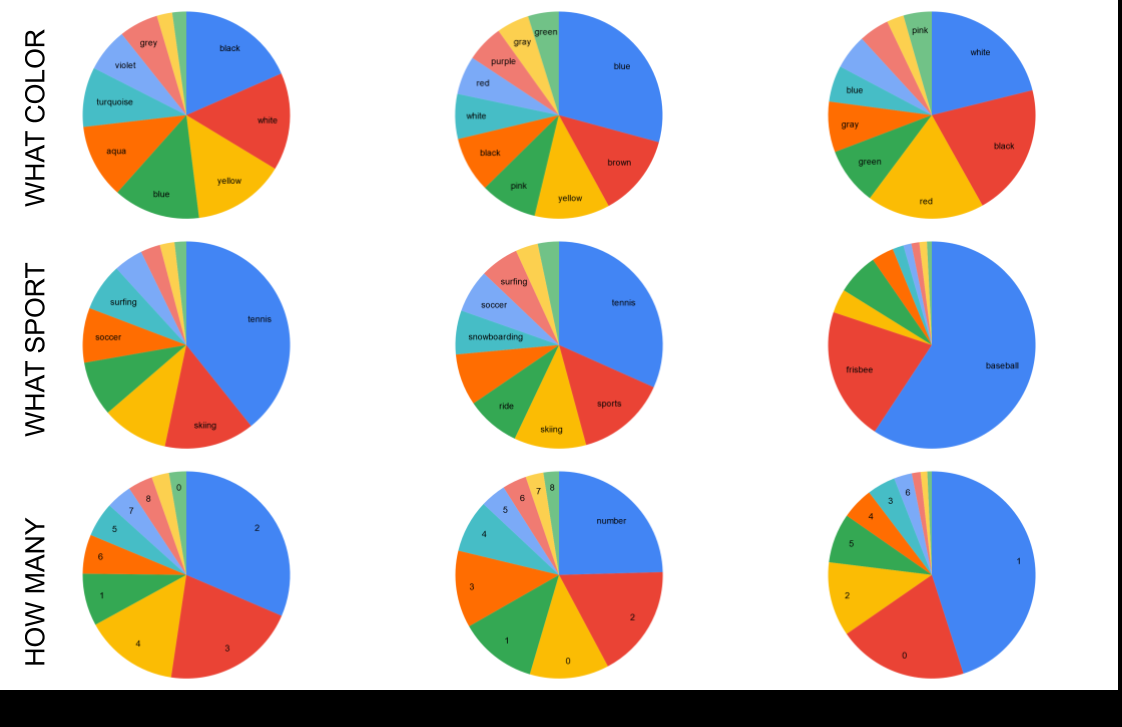Beat the AI: Investigating Adversarial Human Annotation for Reading Comprehension
Max Bartolo, Alastair Roberts, Johannes Welbl, Sebastian Riedel, Pontus Stenetorp
Question Answering Tacl Paper

You can open the pre-recorded video in a separate window.
Abstract:
Innovations in annotation methodology have been a catalyst for Reading Comprehension (RC) datasets and models. One recent trend to challenge current RC models is to involve a model in the annotation process: humans create questions adversarially, such that the model fails to answer them correctly. In this work we investigate this annotation methodology and apply it in three different settings, collecting a total of 36,000 samples with progressively stronger models in the annotation loop. This allows us to explore questions such as the reproducibility of the adversarial effect, transfer from data collected with varying model-in-the-loop strengths, and generalisation to data collected without a model. We find that training on adversarially collected samples leads to strong generalisation to non-adversarially collected datasets, yet with progressive performance deterioration with increasingly stronger models-in-the-loop. Furthermore, we find that stronger models can still learn from datasets collected with substantially weaker models-in-the-loop. When trained on data collected with a BiDAF model in the loop, RoBERTa achieves 39.9F1 on questions that it cannot answer when trained on SQuAD - only marginally lower than when trained on data collected using RoBERTa itself (41.0F1).
NOTE: Video may display a random order of authors.
Correct author list is at the top of this page.
Connected Papers in EMNLP2020
Similar Papers
New Protocols and Negative Results for Textual Entailment Data Collection
Samuel R. Bowman, Jennimaria Palomaki, Livio Baldini Soares, Emily Pitler,

Avoiding the Hypothesis-Only Bias in Natural Language Inference via Ensemble Adversarial Training
Joe Stacey, Pasquale Minervini, Haim Dubossarsky, Sebastian Riedel, Tim Rocktäschel,

MUTANT: A Training Paradigm for Out-of-Distribution Generalization in Visual Question Answering
Tejas Gokhale, Pratyay Banerjee, Chitta Baral, Yezhou Yang,

Improving Dialog Evaluation with a Multi-reference Adversarial Dataset and Large Scale Pretraining
Ananya Sai, Akash Mohan Kumar, Siddhartha Arora, Mitesh Khapra,
